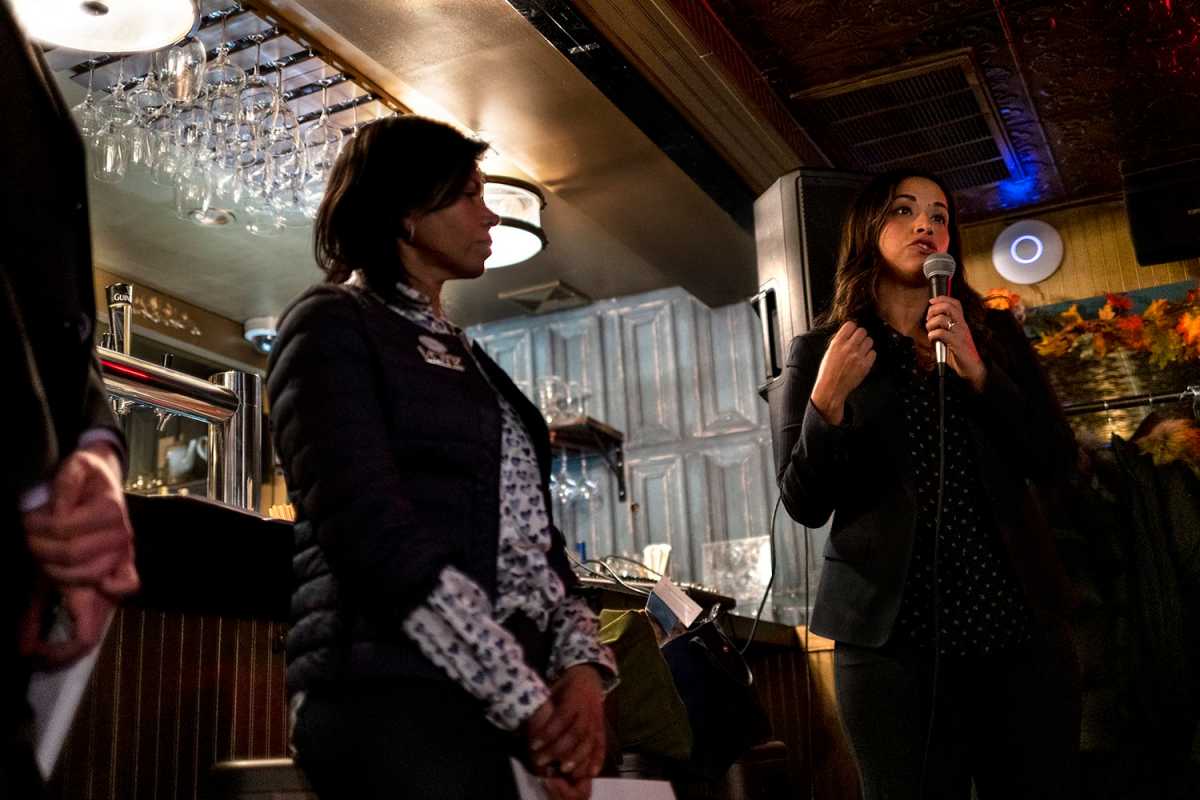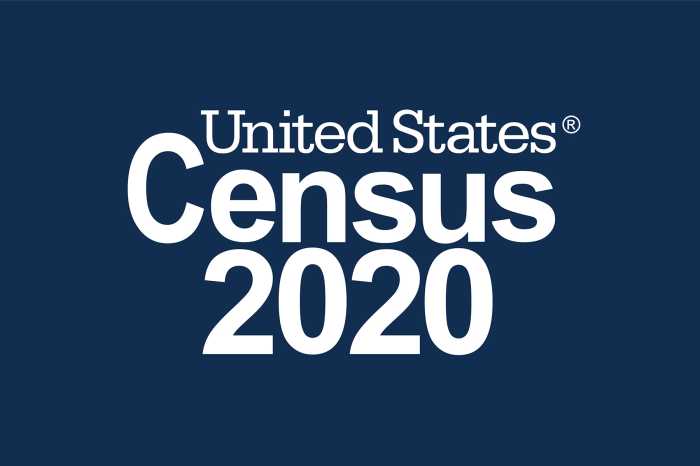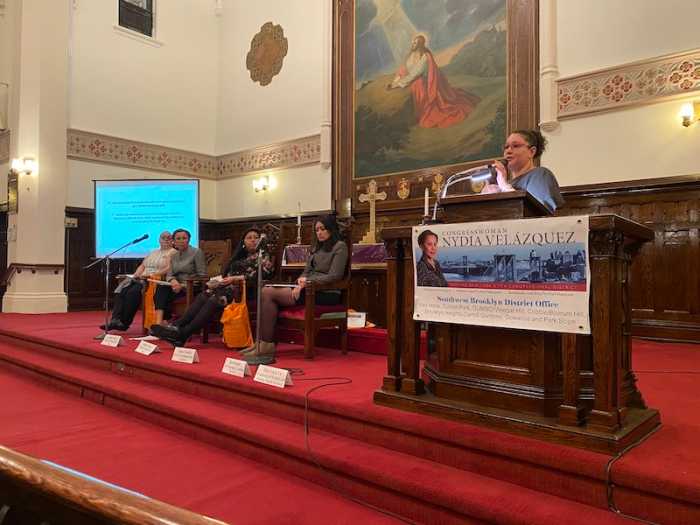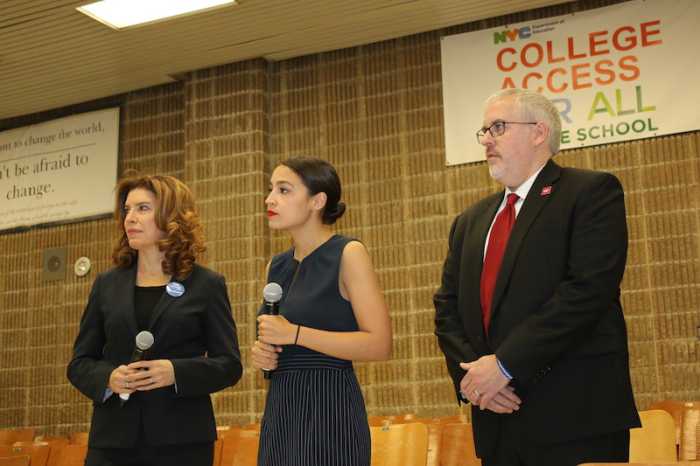The state of New York has a problem – a census problem. In 2010, the percentage of New Yorkers who responded to the U.S. Census was well below the national average. Over a million children in New York were left uncounted that year.
This, said Council Member Carlina Rivera (D-East Village, Gramercy Park), cannot be a trend that continues into 2020.
Last night, Rivera spoke at a briefing on the importance of the 2020 Census, alongside representatives from the Good Old Lower East Side (GOLES). The event took place at 7 p.m. at Tara Rose, 384 3rd Ave.
Rivera, the co-chair of the Census Task Force in the City Council, began by explaining why, exactly, the 2020 Census is so important. The U.S. Census, which happens once every ten years, determines how much money each state receives to fund their public programs, as well as how much representation they receive in Congress.
Government-funded projects and programs like public housing and income assistance – the very programs she relied on growing up – are at stake this year. If we receive an incomplete count, those programs won’t get the funding they need.
“The Census affects every single thing we do every day,” said Rivera. “Our healthcare, our roads, our transportation, our schools, our housing. And it affects important programs that helped me make it through the big city as a single mom who raised her daughters in Section 8 on WIC.”
The Census is particularly important to neighborhoods like the Lower East Side. The Lower East Side is a “hard-to-count” community, meaning it has a high population of historically undercounted demographics – such as senior citizens, children, immigrants and NYCHA residents.
In 2010, the response rate for Census Tract 66 – which includes both of the NYCHA buildings in Rivera’s district – was just under 60 percent. The response rate for Census Track 70 (which lies a little bit north of 66) was even worse, clocking in at 54 percent.
“There are a significant amount of people who are undercounted in your neighborhood,” said Marielle Martiney, Senior Manager for Impact and Evaluation at GOLES. “If you have a school with 125 kids but only 100 are counted, the school will only receive resources for 100 kids. But in this area, with the response rate that we saw, it’s more like there’s funding for 100 kids, but there are 200 kids total.”
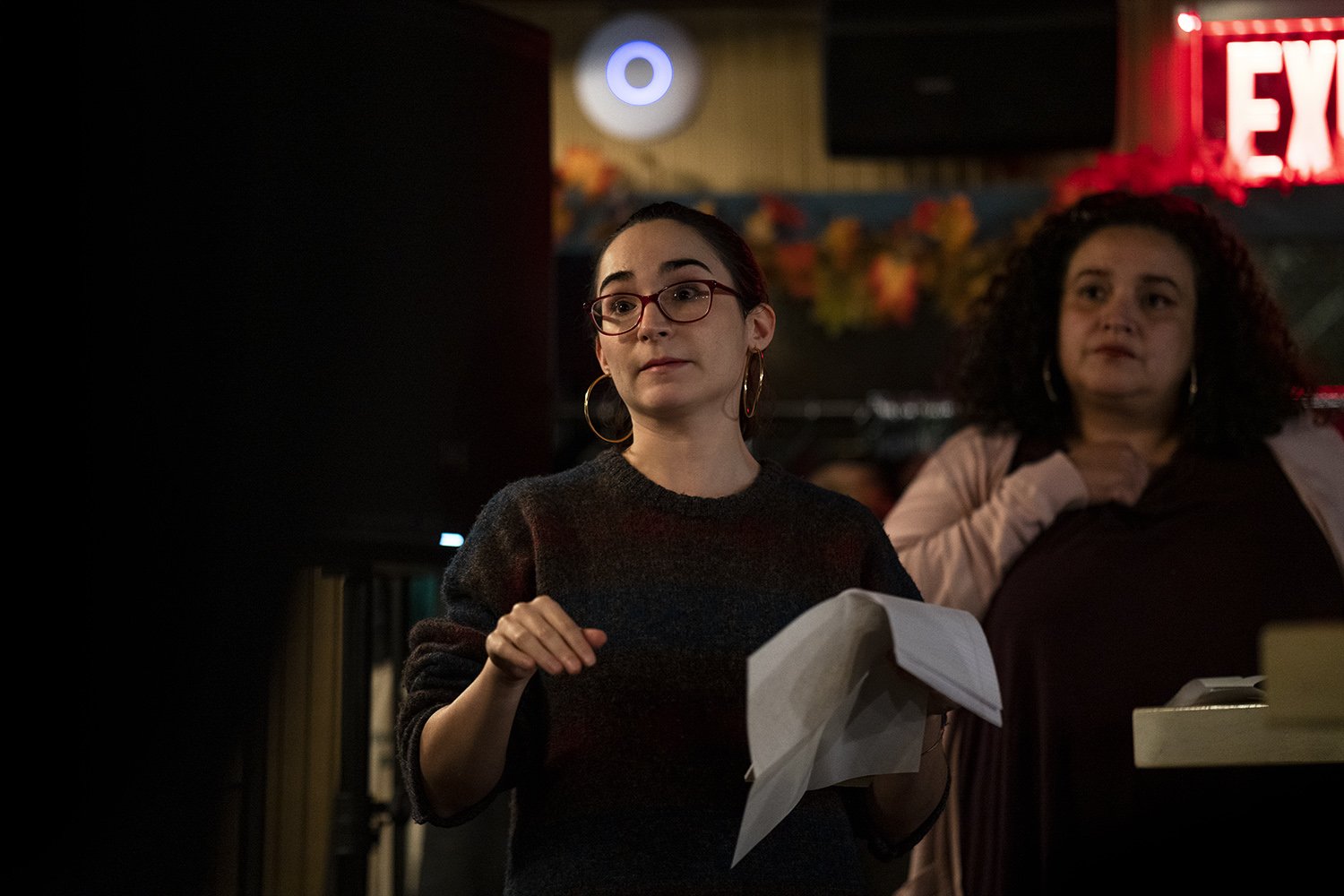
To make matters worse, a troubling number of New Yorkers – particularly non-citizens – are still apprehensive about answering the Census.
“Recently, I was giving a presentation to a bunch of trainees for OSHA,” said Martiney. “I asked them if there was a citizenship question [on the Census]. At least half the room thought that there was.”
Martiney was quick to reassure them that there is not, in fact, a citizenship question on the Census – despite the Trump Administration’s best efforts. In 2019, President Donald Trump (R) publicly announced his intentions to add such a question to the Census – even threatening to use an executive order to do so. However, the Supreme Court ruled last summer that Trump’s rationale for adding the question was inadequate.
Furthermore, said Martiney, the information you provide on the Census is completely confidential. The federal government cannot share your information with anyone, including the ICE and local law enforcement.
“One thing we want to make sure that people really understand is that this information will not be shared with ICE, law enforcement or your landlord,” said Martiney. “Breaking that law results in a $250,000 fine, or five years in prison. You will also never be contacted by the Census via phone or email. If that happens, that is fraudulent, and you can report it.”
And filling out the Census isn’t just important and safe; it’s also surprisingly easy. Today, it’s possible to fill out the Census by mail, by phone, or online. In the event that you have any trouble whatsoever filling out the form, GOLES is willing to help.
“You can make an appointment with one of our counselors to help walk you through the process,” said Martiney. “We’ll be having pop-ups throughout the neighborhood. We’re trying to be everywhere we can be.”


